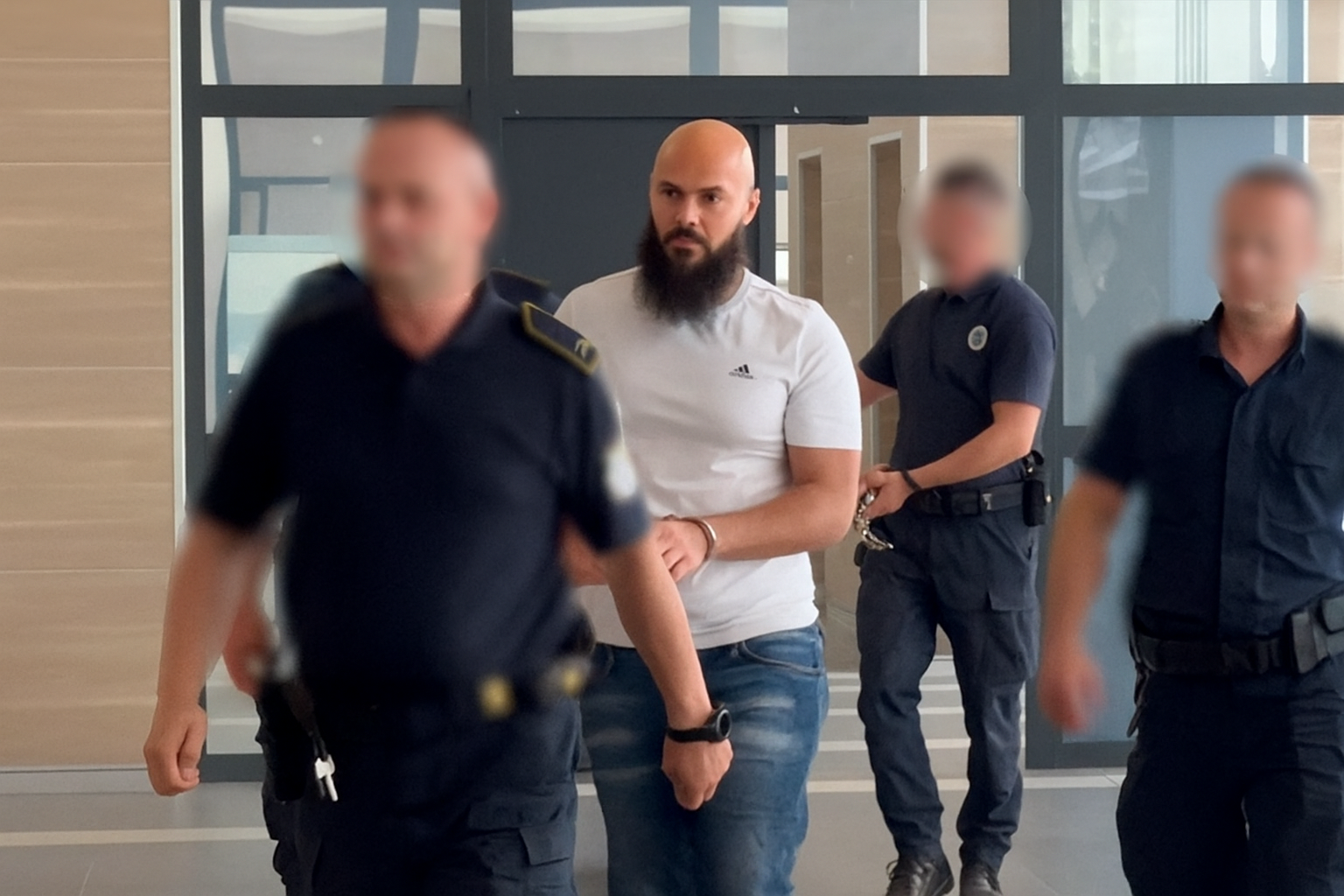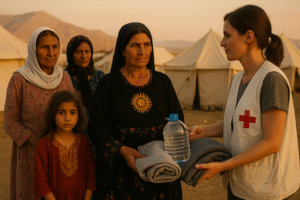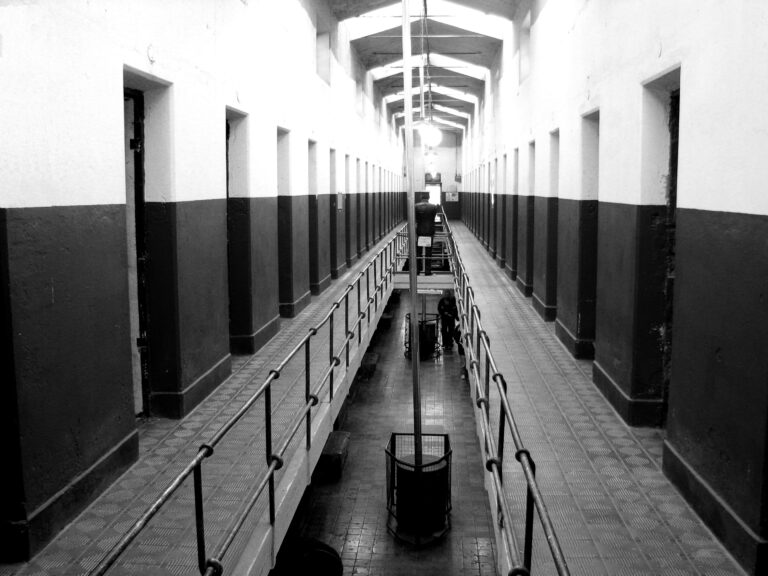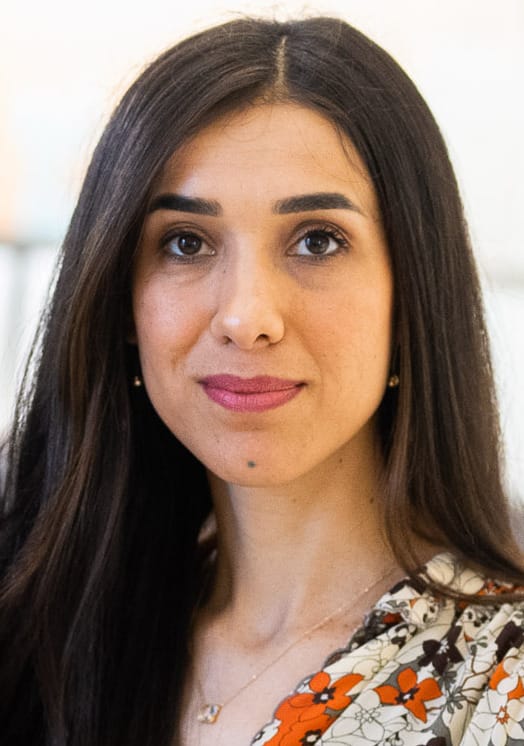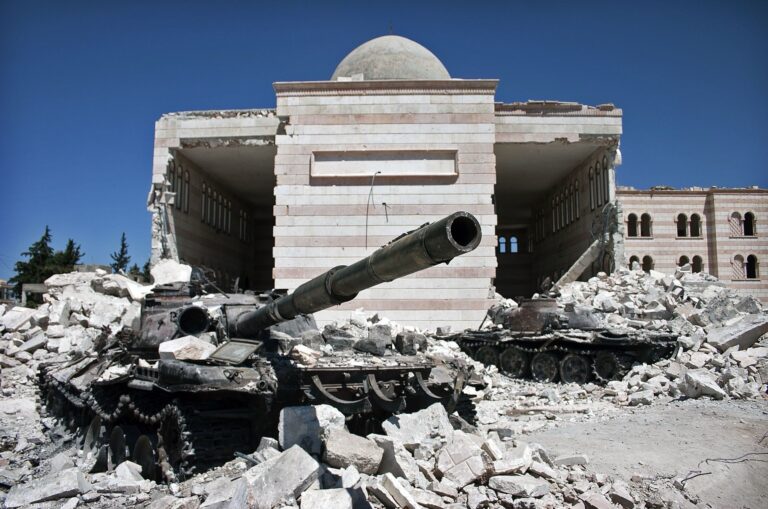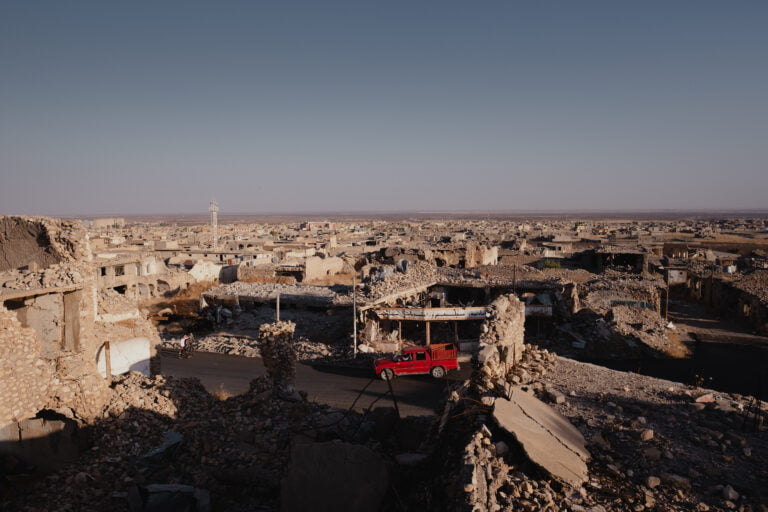The Center Genocide in Kosovo – An Open Wound has strongly criticized the Basic Court of Pristina for convicting former ISIS fighter Murat Dërnjanin of crimes against humanity, rather than genocide, despite clear international findings that ISIS committed genocide against the Ezidi people in Iraq.
On July 4, 2025, the Basic Court of Pristina sentenced Dërnjanin to 20 years in prison for crimes against humanity, specifically for sexual violence and enslavement of Ezidi girls in Syria and Iraq between 2014 and 2017. The court found his guilt based on detailed testimonies from survivors, including minors.

In its statement, the Center—chaired by political scientist Bardhyl Mahmuti—noted that the United Nations had already established through its own investigative commission that ISIS committed genocide against the Ezidi people through mass killings, sexual violence, and forced expulsions. This commission, led by the former ICC prosecutor Karim Khan, published compelling evidence showing that ISIS intended to destroy the Ezidis as a distinct group.
The Center called the court’s decision a “serious blow” to the Ezidi people, who continue to seek international recognition of the genocide committed against them. According to international criminal law, genocide is recognized as the most serious of international crimes, followed by crimes against humanity, then war crimes.
“Downgrading the crime from genocide to crimes against humanity is more than a lack of professionalism: it is a serious blow to the Ezidi people, who expect international recognition of the genocide committed against them,” the Center said in its statement.
The organization also criticized the broader pattern within Kosovo’s justice institutions of misclassifying international crimes. It pointed out that the same prosecutors and judges had previously degraded crimes committed by Serbian forces against Albanians from genocide to war crimes, even in cases where the former International Criminal Tribunal for the Former Yugoslavia (ICTY) had acknowledged their genocidal nature but negotiated charges at lower levels.
The Center emphasized that Dërnjanin admitted to participating in ISIS’s campaign, which the United Nations clearly identified as genocide, yet the court only sentenced him for crimes against humanity. This, the statement continued, reflected the same flawed approach seen in previous cases, such as the massacre at Dubrava prison, where perpetrators were either acquitted or charged with lesser crimes despite overwhelming evidence of genocidal intent.
Despite these setbacks, the Center expressed hope that future prosecutors and judges in Kosovo would apply international law professionally and recognize genocide where evidence supports it.
The statement concluded by reaffirming the Center’s commitment to advocating for justice and raising awareness about genocide and its recognition under international law.
About the Center
The Center “Genocide in Kosovo – An Open Wound” was established on June 30, 2019, in Bern, Switzerland. It is an independent network of intellectuals and activists dedicated to documenting and raising awareness about the genocide in Kosovo, ensuring that justice is achieved, and holding perpetrators accountable. The Center’s logo features four poppy petals, symbolizing the four forms of genocidal acts committed in Kosovo: murder, sexual violence, ethnic cleansing, and destruction of cultural identity. At its founding, the Center’s members entrusted Bardhyl Mahmuti to serve as its chair.
The Center invites all those committed to the pursuit of justice for genocide victims to join its efforts and contribute to exposing atrocities and educating public opinion worldwide.
